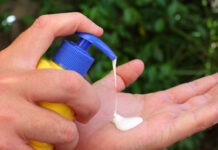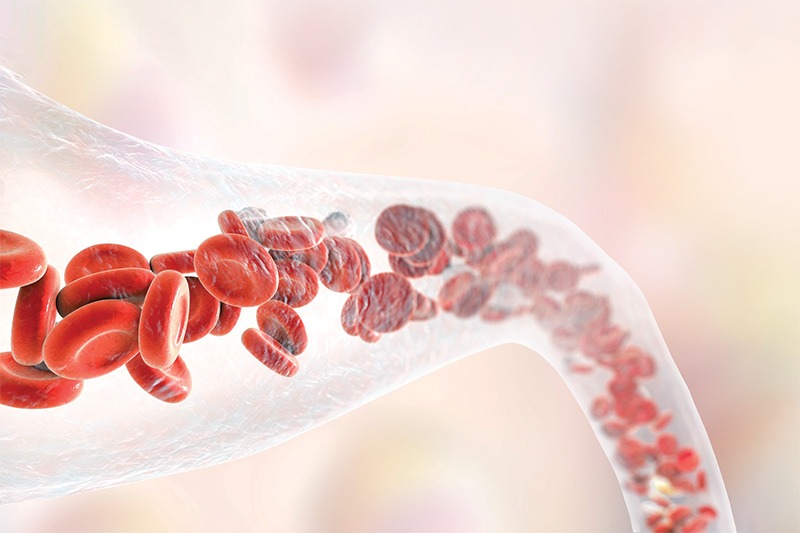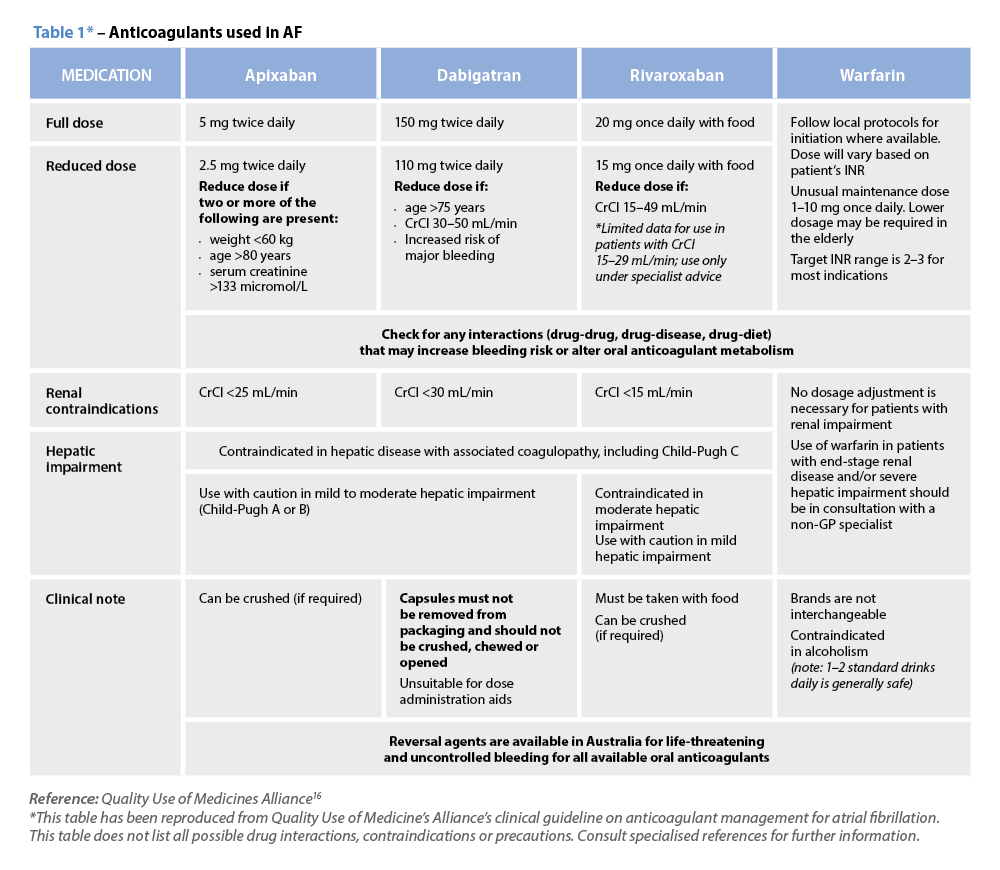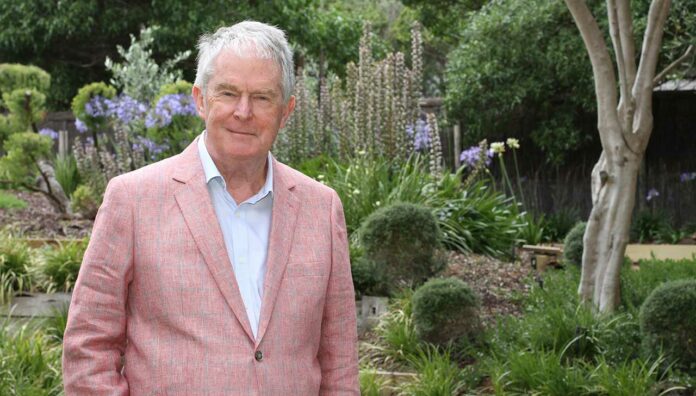A head for business and a desire to improve medicine safety inspired PSA Life Member Rob Richards to develop a digital opioid substitution therapy system that helps pharmacists and patients.
Why did you choose pharmacy as a career?
It all began in 1955, with an after-school job at one of Melbourne’s most iconic pharmacies, O.J. Lawson Chemist in Fitzroy. Based on this experience, I decided on pharmacy.
Describe your career path?
I qualified from the Victorian College of Pharmacy in 1964 and returned to complete the new Bachelor of Pharmacy in 1969. This allowed me to access a Master of Administration, Monash University’s forerunner to today’s Master of Business Administration.
I have owned three pharmacies. The first was in partnership with Hugh Lloyd-Jones in 1966 in Temple Court, Melbourne. This was relocated to the largest CBD pharmacy site, nearby on Gurners Lane, before a horse of the same name won the Melbourne Cup [in 1982].
Later, I opened another site in the World Trade Centre [along the Yarra River]. I sold the Temple Court pharmacy in 1985 after being approached with an offer.
The last pharmacy was a short ownership and renovation in South Yarra. I founded PharmaSea in 1998 with Matthew Peers, and we transitioned into creating iDose and expanding our drug addiction services at the World Trade Centre pharmacy into hospitals and prisons.
What is iDose?
About one-third of pharmacies in Australia provide daily supervised dosing for opioid-dependent clients, and many still rely on manual systems for recording, measuring and delivering doses and maintaining daily administration records.
We started doing opioid treatment manually and it was fairly onerous, particularly in terms of what the consequences were if you made an error. So we developed an automated, digital opioid substitution therapy system that enhances quality use of medicines. It is connected to an iris scanner and precision pump, which eliminates the risks of selecting the wrong patient or administering the wrong dose due to human interference or error.
IDose was also designed with contactless dose delivery using iris recognition technology to avoid the transmission of hepatitis, E. coli, etc.
How has pharmacy evolved in your 50 years in the profession?
Drug companies have exerted tremendous influence on the profession with research and development programs and have caused a move from botanical-based medicines to identifying key active [ingredients] and presenting innovative and convenient delivery regimes.
I think there is also a deficiency in the pharmacy degree. Not all graduates are equipped with the business management skills to survive without guidance in a very competitive financial environment.
What advice would you give to early career pharmacists?
Find a niche market in pharmacy and prepare to stand out as a leader with particular expertise in that market. If I had developed some financial and business management proficiency before completing my primary degree, it would have accelerated my pathway.
What’s important for medicine safety in 2021 and beyond?
Interactions, be they drug-to-drug or drug-complementary medicines, should be a focus in the future. The consumption of handfuls of vitamins, minerals and nutriments should give way to scientifically driven solutions related to drug treatment and primary medical conditions. I have just given one big ‘niche specialty’ for young graduates.
Your thoughts on retirement?
I am approaching it but am still quite active with iDose. It is important to be valued for opinions and innovations rather than putting your mind totally into ‘neutral’. A progressive reduction in the day-to-day corporate pressures is appealing.




 ‘We’re increasingly seeing incidents where alert fatigue has been identified as a contributing factor. It’s not that there wasn’t an alert in place, but that it was lost among the other alerts the clinician saw,’ Prof Baysari says.
‘We’re increasingly seeing incidents where alert fatigue has been identified as a contributing factor. It’s not that there wasn’t an alert in place, but that it was lost among the other alerts the clinician saw,’ Prof Baysari says.


 Beyond the arrhythmia, AF often signals broader pathological processes that impair cardiac function and reduce quality of life and life expectancy.5 Many of these conditions are closely linked to social determinants of health, disproportionately affecting populations with socioeconomic disadvantage. Effective AF management requires addressing both the arrhythmia and its underlying contributors.4
Beyond the arrhythmia, AF often signals broader pathological processes that impair cardiac function and reduce quality of life and life expectancy.5 Many of these conditions are closely linked to social determinants of health, disproportionately affecting populations with socioeconomic disadvantage. Effective AF management requires addressing both the arrhythmia and its underlying contributors.4  C – Comorbidity and risk factor management
C – Comorbidity and risk factor management Warfarin
Warfarin




